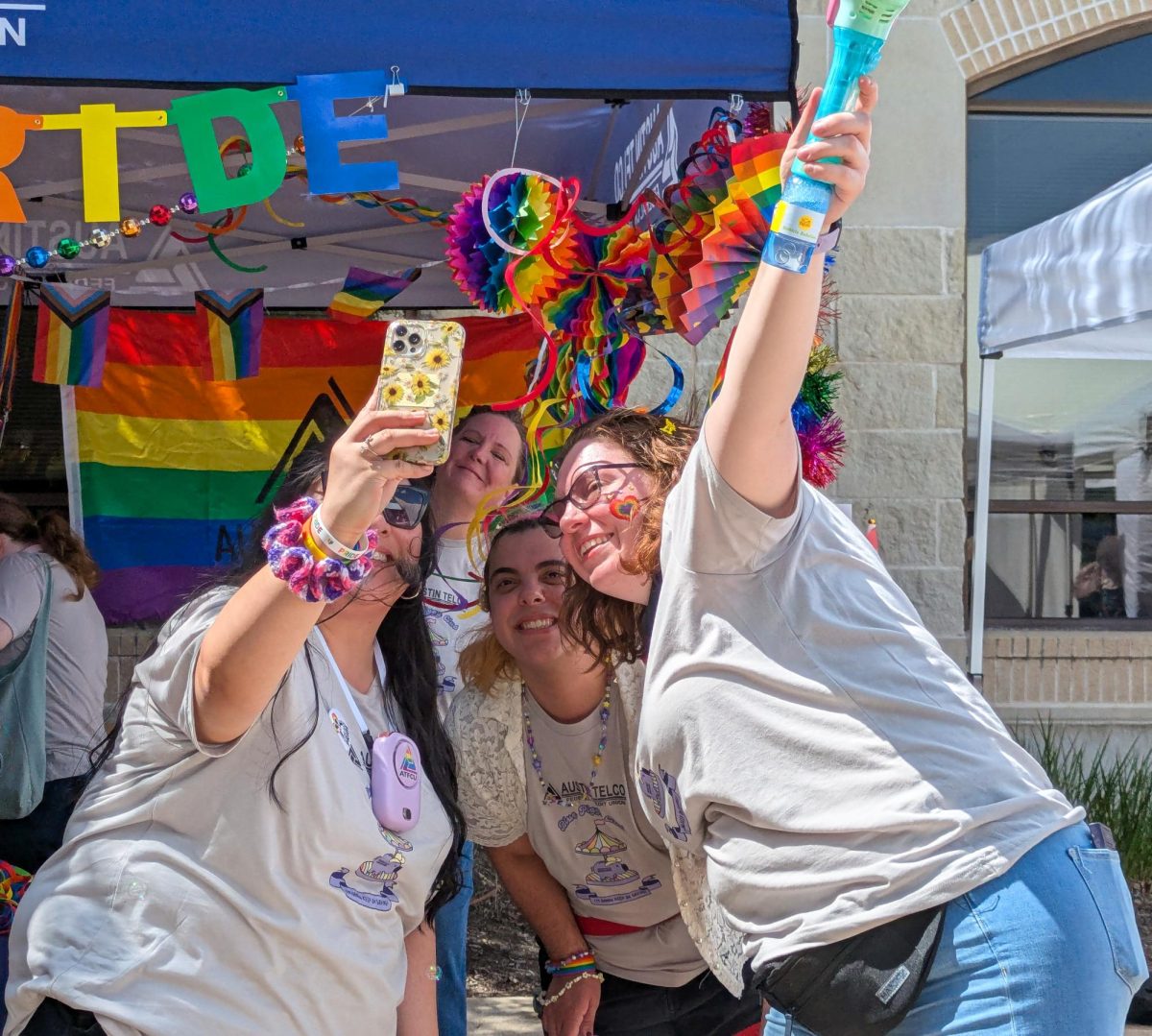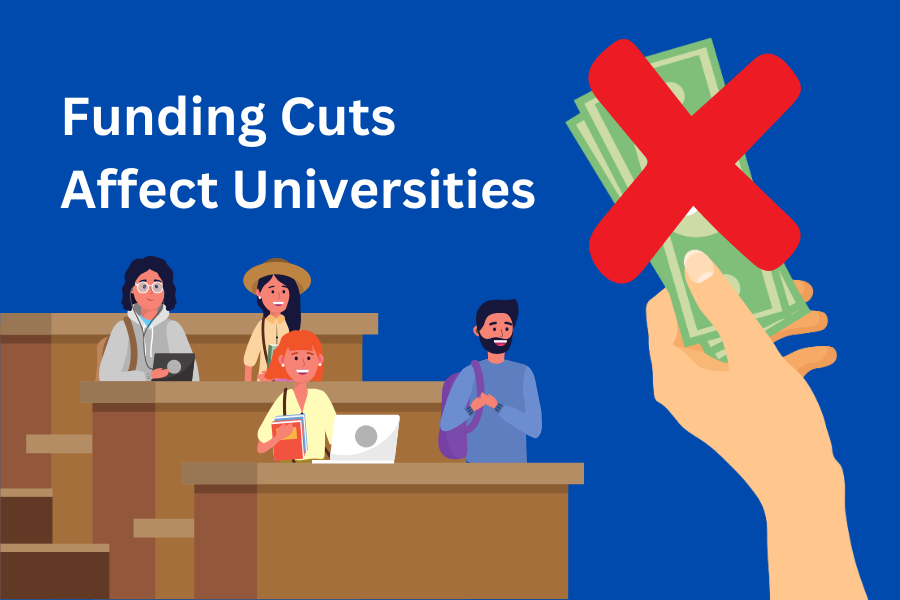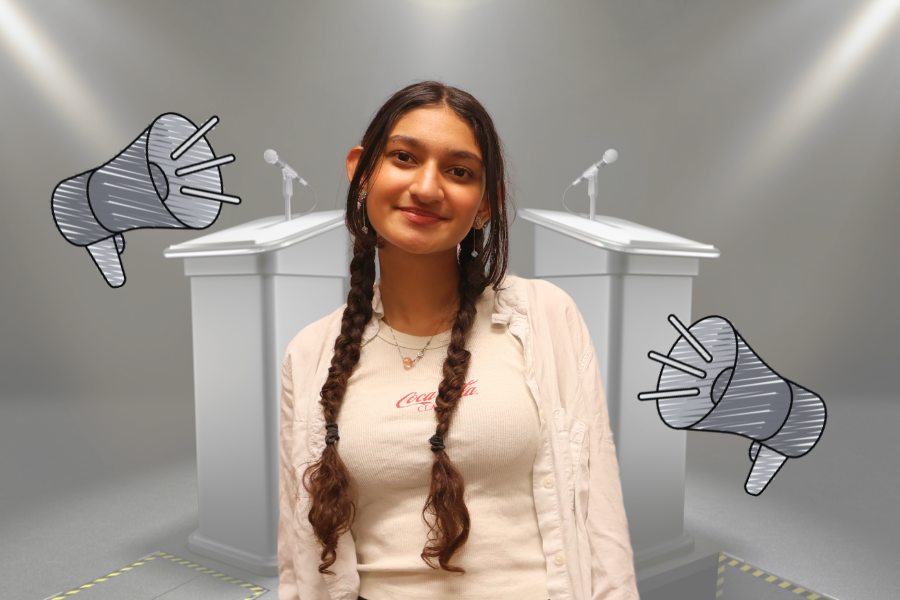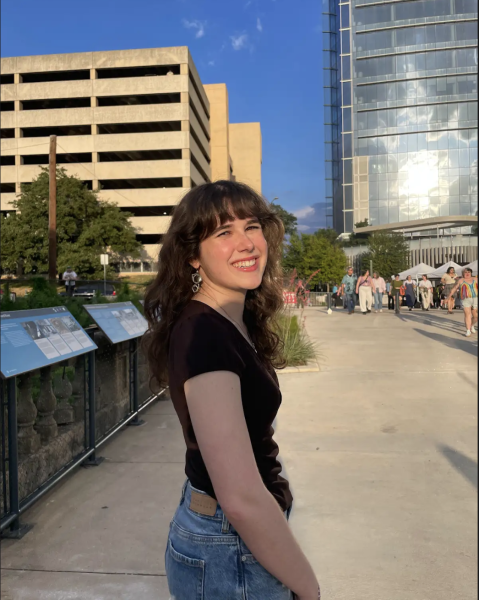From Oct. 1-7, students had the opportunity to celebrate Banned Books Week, a national event that helps bring awareness to the censorship of books and allows students to educate themselves on the issue.
The banning of literature and media is growing quickly in the United States, with books centering around LGBTQ characters, people of color, and political beliefs being disproportionately censored.
“I think this is a political issue,” Christopher Li ‘25 said. “I don’t think there’s a good reason for these books being banned, I think people are just trying to make something out of nothing and create outrage and find something for people to get mad about because they don’t have other issues which are more pertinent to pursue.”
Books are generally banned on a local scale, in the interest of protecting children from difficult or explicit ideas or information.
“A lot of the topics that they’re banning are pretty subjective,” Aarohi Bhattacharya ’25 said. “You can’t just ban pieces of literature that could help somebody or inform somebody, and it is very important, especially in this day and age, that we educate ourselves and make sure we know what is going on.”
Banned Books Week is a movement that originated in 1982 in response to the rapid increase of challenged books in libraries, bookstores, and schools. The movement encourages people to become more aware of the censorship of literature.
“What’s important is that we’re given the opportunity to read so that we can make up our own minds and not be led by someone who is biased to give us half the story,” Librarian Amy Woolsey said. “My personal stance is that freedom of choice comes down to avoiding a small handful of people dictating to everybody else what the facts are. Let me read, and I’ll decide what the facts are.”
Throughout history, books such as Harry Potter or The Wizard of Oz have been banned for themes of witchcraft. Books such as The Color Purple and The Hate U Give have been banned for their discussions of race, and mentions of violence. Each of these books contains difficult and sometimes violent themes, and topics outside of traditional Christian values.
“I feel like authors aren’t being respected,” Saffron Kollodge ‘26 said. “If what they’re trying to say is being censored, then what they’re trying to say is being changed and they don’t have control of that. A lot of the time books are censored because [they] represent groups of people that churches or the government don’t like. So a lot of LGBTQ books are banned, or books that talk about hardships [and] I feel like banning them is trying to cover up the reality of those issues.”
While it’s important to recognize censorship during Banned Books Week, it’s an issue that students should be aware of year-round.
“The Texas Library Association is the hub of the state for all things library-related, and they’re always a rich source of information,” Ms. Woolsey said. “Anybody who wished to dig deeper could become involved.”















